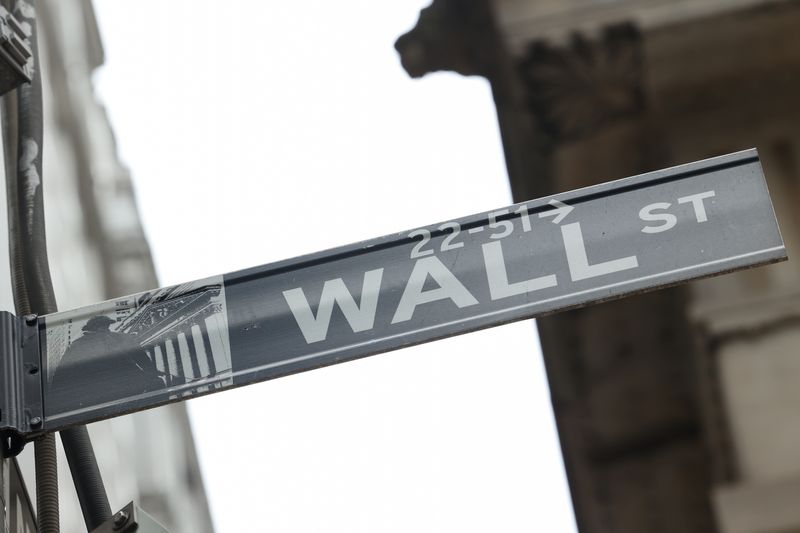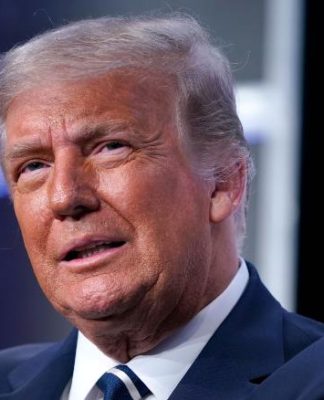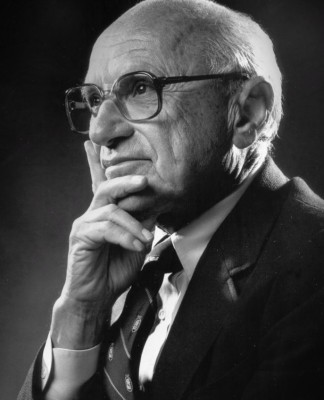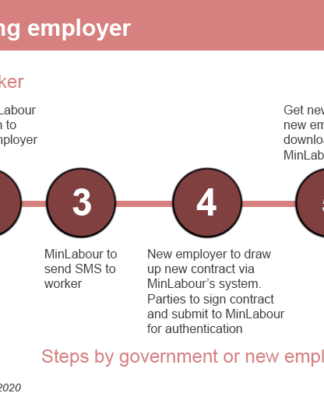Column-Hedge funds position for U.S. growth slump, rates peak: McGeever

ORLANDO, Fla. (Reuters) – The slump on Wall Street and rebound in the U.S. bond market point to a growing belief that recession is on the horizon, curtailing the Federal Reserve’s tightening cycle sooner than it would like and opening the door to rate cuts later next year.
That’s exactly what hedge funds appear to be betting on also, according to the latest Commodity Futures Trading Commission report on rates futures positioning.
Data for the week to May 17 show that speculators slashed their net short position in three-month Secured Overnight Financing Rate (SOFR) contracts to the smallest in almost two months, and maintained a net long position in 30-day fed funds futures.
The shift in SOFR futures positioning is most revealing, especially in light of the broader trends underway in that market, one of the most accurate barometers of traders’ views on the path for U.S. interest rates over the next few years.
Funds cut their net short three-month SOFR position to 388,207 contracts from 460,721 the week before. That’s the smallest net short in seven weeks, and down significantly from the record of more than 600,000 contracts only a month ago.
417b4cb4-4628-40b6-9928-75f3119bf3863
The shift was almost entirely down to a jump in long positions rather than short covering, suggesting traders are beginning to look beyond the aggressive tightening likely to be delivered this year toward possible easing next year.
A short position is essentially a bet that an asset’s price will fall, and a long position is a bet it will rise. In rates, implied yields fall when prices rise, and move up when prices fall.
Fed officials have stressed they will keep tightening policy until they think their inflation goals are being met, despite the economic “pain” that will cause. Traders and funds in the SOFR market are putting more of their eggs in that “pain” basket.
affb6724-499a-449b-b17e-98651e870c8d1
ea0d747d-cd45-46c7-87c1-038b6d9fa9a92
RATE CUTS SEEN STARTING NEXT YEAR
Firstly, implied rates for next year have fallen sharply. The June 2023 contract now implies a fed funds rate of around 3%, down almost half a percentage point from the high on May 4, the day of the Fed’s 50-basis point rate hike.
Secondly, the expected length of the Fed’s tightening cycle has shortened dramatically. A few months ago traders projected the Fed’s ‘terminal rate’ being reached in September next year. That has since shifted to June, but now March is on the table.
The implied rate on December 2023 SOFR futures has fallen to 2.80%, the lowest in almost 2 months. Set against the peak terminal rate forecast in June, that implies an 80% chance the Fed will cut rates in the second half of next year.
Even St Louis Fed President James Bullard, who wants rates raised to 3.5% this year, said the Fed could be cutting them as early as next year if inflation is under control.
Fed officials and most economists still say there will be no recession. But the rapid tightening in financial conditions is starting to bite – Wall Street is in turmoil, and Citi’s U.S. economic surprises index is now negative and at a five month low.
“We continue to expect that the financial conditions tightening triggered by Fed policy will likely lead to a recession by end 2023,” Deutsche Bank analysts wrote on Friday.
Wells Fargo’s research arm last week joined Deutsche in predicting a U.S. recession, but even earlier, at the end of this year.
51ba9e45-cf9f-4651-99e4-67514e57e11d4
Related columns:
– If Fed has to choose, markets could get much uglier (Reuters, May 20)
– Fed fingers crossed for 1994 re-run as hiking path shortens (Reuters, May 5)
(The opinions expressed here are those of the author, a columnist for Reuters.)
(By Jamie McGeever; Editing by Sam Holmes)


























comments